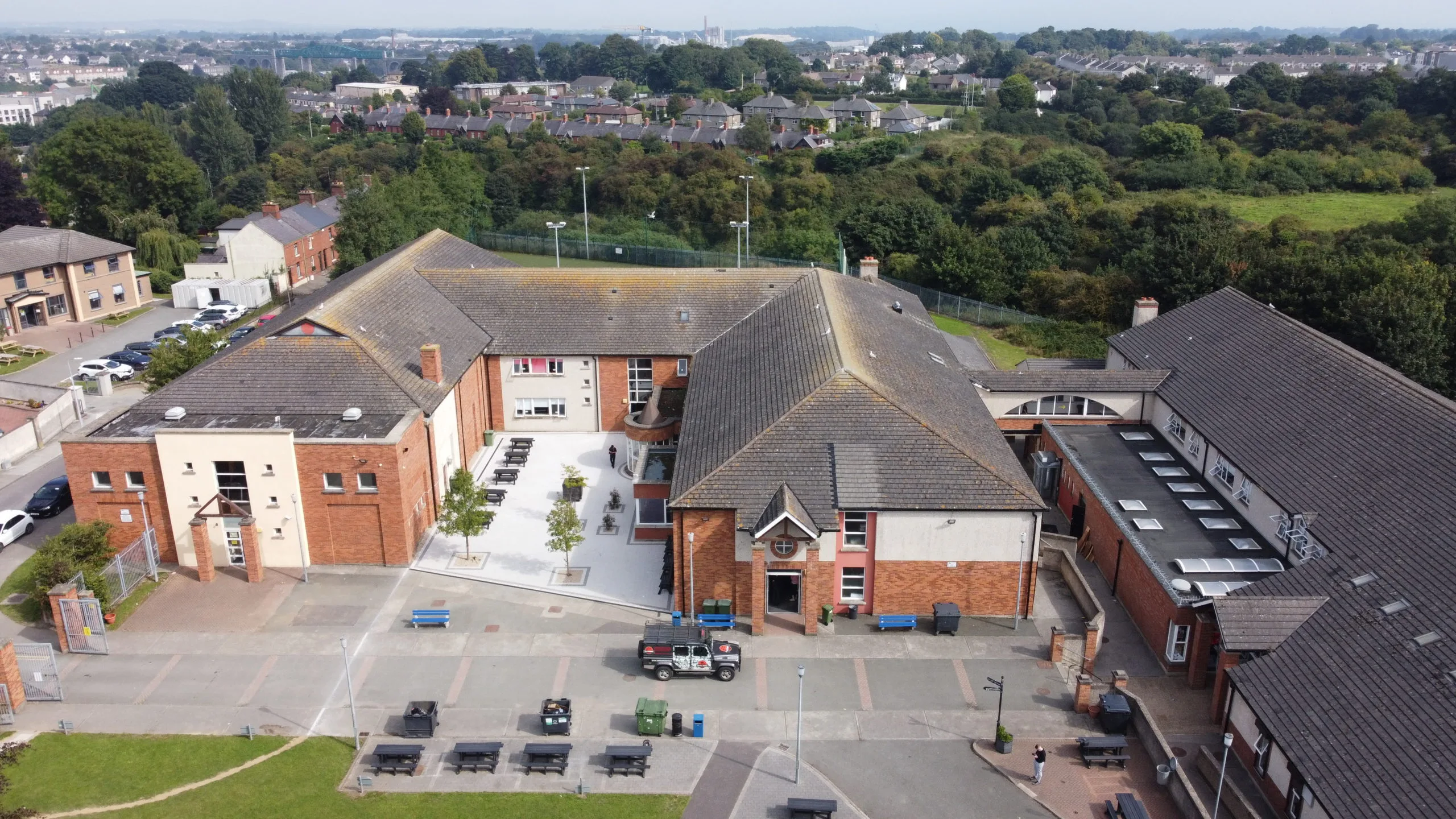Mass Readings
Liturgical Readings for : Wednesday, 4th February, 2026Léachtaí Gaeilge
Next Sunday’s Readings
Wednesday of the Fourth Week in Ordinary Time, Year 2
In the first reading today we are reminded to take responsibility for our actions
FIRST READING
A reading from the second book of Samuel 24:3, 9-17
It was I who sinned, taking a census of the people But these, this flock, what have they done?
King David said to Joab and to the senior army officers who were with him, ‘Now go throughout the tribes of Israel from Dan to Beersheba and take a census of the people; I wish to know the size of the population.’ Joab gave the king the figures for the census of the people; Israel numbered eight hundred thousand armed men capable of drawing sword, and Judah five hundred thousand men.
But afterwards David’s heart misgave him for having taken a census of the people. ‘I have committed a grave sin,’ David said to the Lord. ‘But now, Lord, I beg you to forgive your servant for this fault. I have been very foolish.’ But when David got up the next morning, the following message had come from the Lord to the prophet Gad, David’s seer,
‘Go and say to David, “The Lord says this: I offer you three things; choose one of them for me to do to you.”’

‘Are three years of famine to come on you in your country,’ he said,
‘or will you flee for three months before your pursuing enemy,
or would you rather have three days’ pestilence in your country?
Now think, and decide how I am to answer him who sends me.’
David said to Gad,
‘This is a hard choice. But let us rather fall into the power of the Lord, since his mercy is great, and not into the power of men.’ So David chose pestilence.
It was the time of the wheat harvest. The Lord sent a pestilence on Israel from the morning till the time appointed and plague ravaged the people, and from Dan to Beersheba seventy thousand men of them died. The angel stretched out his hand towards Jerusalem to destroy it, but the Lord thought better of this evil, and he said to the angel who was destroying the people, ‘Enough now withdraw your hand.’
The angel of the Lord was beside the threshing-floor of Araunah the Jebusite.
When David saw the angel who was ravaging the people, he spoke to the Lord.
‘It was I who sinned;’ he said, ‘I who did this wicked thing.
But these, this flock, what have they done? Let your hand lie heavy on me then, and on my family.’
The Word of the Lord. Thanks be to God.
Responsorial Psalm Ps 31: 1-2, 5. 6. 7.
Response Forgive, Lord, the guilt of my sin.
1. Happy the man whose offence is forgiven, whose sin is remitted.
O happy the man to whom the Lord imputes no guilt,
in whose spirit is no guile. Response
2. But now I have acknowledged my sins, my guilt I did not hide.
I said: ‘I will confess my offence to the Lord.’
And you, Lord, have forgiven the guilt of my sin. Response
3. So let every good man pray to you in the time of need.
The floods of water may reach high but him they shall not reach. Response
4. You are my hiding place, a Lord; you save me from distress.
You surround me with cries of deliverance. Response
Gospel Acclamation Mt 4: 4
Alleluia, alleluia!
Man does not live on bread alone, but on every word
that comes from the mouth of God.
Alleluia!
Or Jn 10: 27
Alleluia, alleluia!
The sheep that belong to me listen to my voice,
says the Lord, I know them and they follow me.
Alleluia!
GOSPEL
The Lord be with you And with your spirit.
A reading from the Gospel according to Mark 6: 1-6 Glory to you, O Lord
A prophet is only despised in his own country.

‘Where did the man get all this? What is this wisdom that has been granted him, and these miracles that are worked through him? This is the carpenter, surely, the son of Mary, the brother of James and Joset and Jude and Simon? His sisters, too, are they not here with us?’ And they would not accept him.
And Jesus said to them,
‘A prophet is only despised in his own country, among his own relations and in his own house’; and he could work no miracle there, though he cured a few sick people by laying his hands on them. He was amazed at their lack of faith.
The Gospel of the Lord Praise to you, Lord Jesus Christ.
*********************************
Gospel Reflection Wednesday Fourth Week in Ordinary Time Mark 6:1-6
We are familiar with the saying, ‘Familiarity breeds contempt’. We see this saying working itself out in today’s gospel reading. Jesus returns to his home town of Nazareth. It was a very ordinary, insignificant, out of the way kind of place, which is never mentioned in the Jewish Scriptures. Jesus’ family were as ordinary as all the other inhabitants of this small town. He was the son of a ‘carpenter’, a term that can refer to a person with a skill not just with wood but with stone. Such a skill would have been in demand but indicated nothing exceptional. The people of Nazareth were familiar with Jesus’ family who continued to live among them and whom they could name off. Rather than rejoicing in the life-giving power of his ministry and the wisdom of his teaching, they were scandalized by him, because, in so many ways, he was no different from themselves.
We encounter here the scandal of the incarnation. God was powerfully present to them through someone who was one of their own. God comes to us all in and through the ordinary and the everyday. The great saints never ceased being amazed at the mysterious presence of God they sensed all around them. To grow in faith is to grow in our capacity to recognize the presence of the Lord in and through the ordinary and the familiar. ‘Ordinary time’ is filled with the mysterious presence of the Lord and every place can be holy ground.
________________________________
The Scripture Readings are taken from The Jerusalem Bible, published 1966 by Darton, Longman & Todd Ltd. and used with the permission of the publishers. http://dltbooks.com/
The Scripture Reflection is made available with our thanks from his book Reflections on the Weekday Readings: The Word is near to you, on your lips and in your heart by Martin Hogan and published by Messenger Publications , c/f www.messenger.ie/bookshop/
_______________________________

